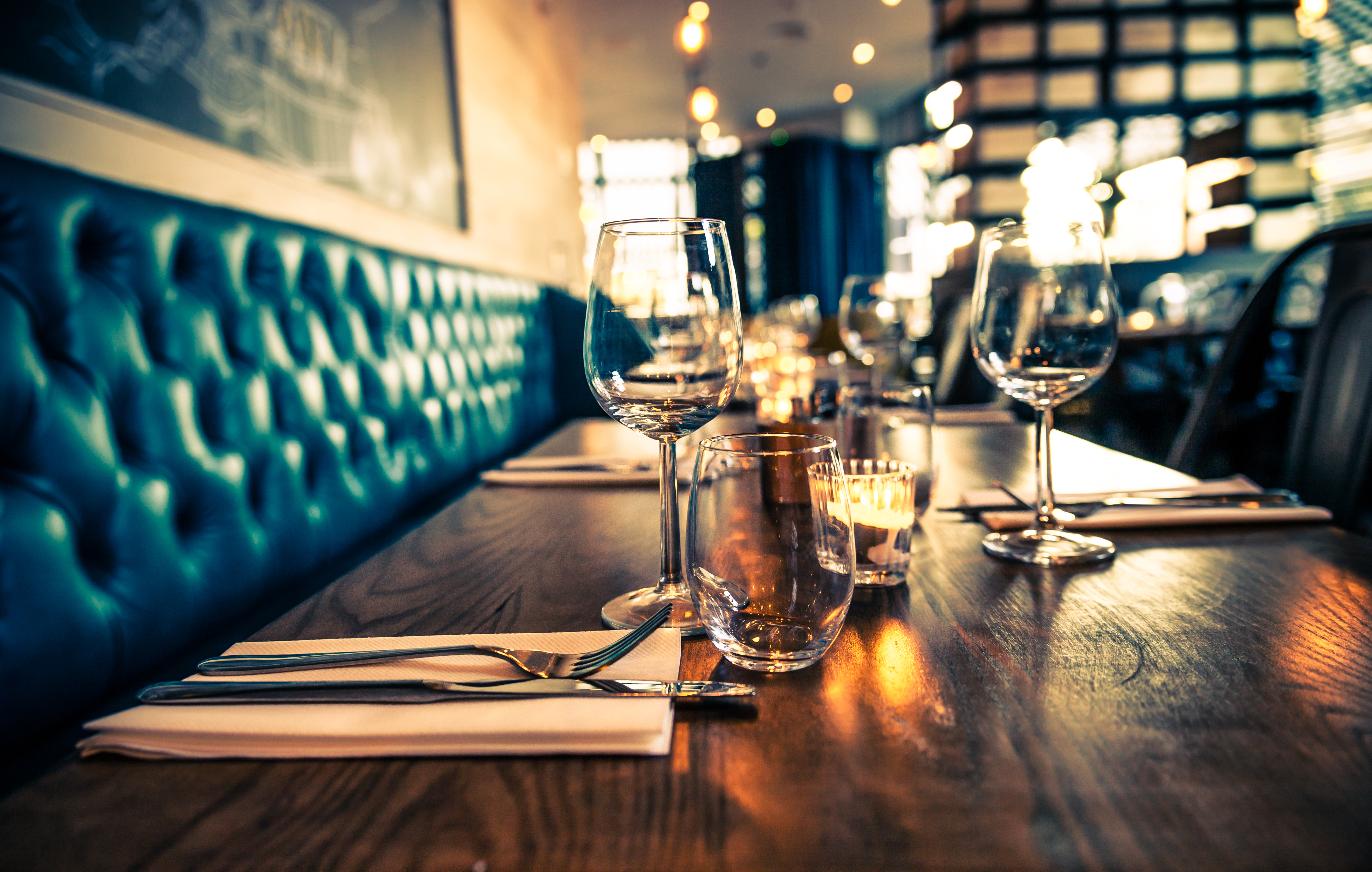There has been great disruption and financial damage caused to many hospitality businesses through no fault of their own by the enforced closures. Almost 30,000 job losses were recorded across restaurants and casual dining firms in 2020, up from 11,000 in 2019.
In response though, it was not surprising to see both compliance and resilience from the sector, through investment in making premises ‘Covid-secure’ (estimated at around £10,000 per venue) and flexibility in adapting to the changing circumstances, which continued to allow takeaway services, although unfortunately the sale of takeaway alcoholic drinks is now forbidden. Others directed their efforts towards alternative causes, for example hotels providing accommodation for key workers and homeless people and food service operators providing meals for NHS workers.
Whilst there have been several casualties and well-publicised CVAs, such as Pizza Express and Travelodge, remarkably, many hospitality businesses continue to survive. We are even seeing some brands re-emerge from Administration to start trading again under new ownership. How much longer operators can continue with enforced lockdowns during the first quarter of 2021 until the roll-out of the vaccine proves effective, remains to be seen. Can restaurants return to the same level of income as before? How quickly can city centre hotels, dependent on tourists and business visitors, increase occupancy levels from their current extremely low levels of less than 20%? How will the resulting debt overhang for many operators play out – will we see many more CVAs and insolvencies later this year?
The sector was fortunate to have the voice of UK Hospitality constantly lobbying the Government for various forms of support. This support has continued in early January, with the Government announcing one-off ‘top-up’ grants of up to £9,000 on a per-property basis to retail, hospitality and leisure businesses. As such it was pleasing to see Kate Nicholls, CEO of UK Hospitality, receive an OBE in the New Year Honours list.
Unfortunately, the pandemic has also been politicised and the hospitality sector has found itself on the receiving end of this, a convenient scapegoat for the rise in the number of cases of the virus, whereas Public Health England’s own data last year showed that less than 3% of Covid-19 transmissions were traced to the hospitality sector. Meanwhile, operators forced to close looked on as supermarkets and off-licences continue to trade and benefit along with online retailers of food and drink. E-commerce advancement of food and drink deliveries directly to the consumer has been one of the key features we have seen during lockdown.
The ongoing feud between operators and landlords looks set to continue long into 2021, with some landlords calling for government action to redress the balance on the basis that some hospitality groups are increasingly turning to CVAs, which can adversely affect landlords, by triggering rent cuts and site closures. The lease forfeiture and debt enforcement moratoria currently run until the end of March.
If there is any positive to be taken away, it is that hotel, bar and restaurant operators have learnt a great deal during the pandemic and will hopefully emerge stronger as a result. The hospitality sector should be proud of what it has achieved during such adversity and deserves to come back stronger than ever at some point during this year.
The next step
For further advice on the impact of Covid-19 on your hospitality business, please get in touch with Martin Jones or your usual UHY adviser.


